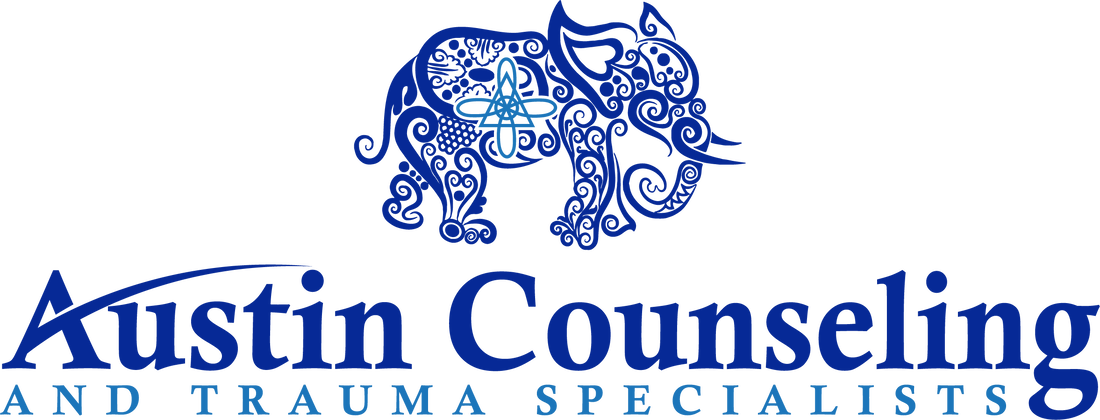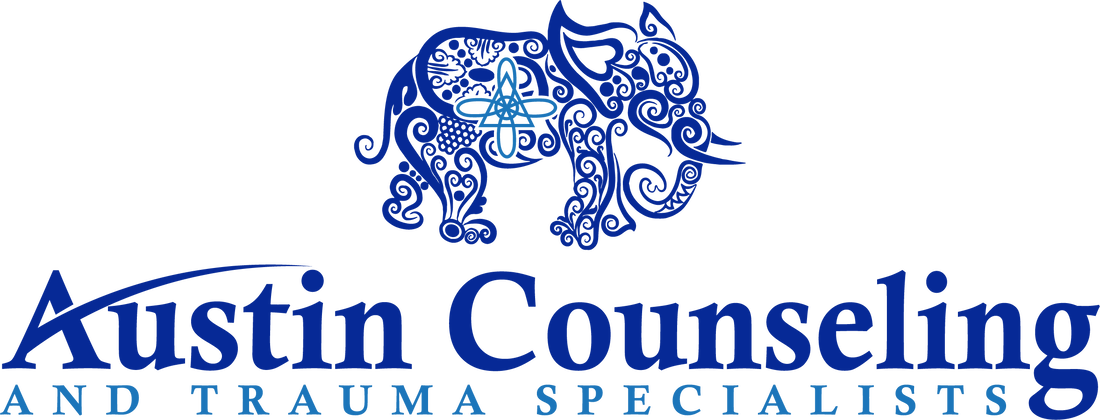
PTSD ~ Posttraumatic Stress Disorder
Most people with PTSD suffer from some level of anxiety, depression, or hyperarousal following a traumatic event. Although scientists are unsure of what causes this condition, they can help those who are suffering from PTSD. Those with PTSD may experience symptoms of avoidance. These people may avoid places, crowds, or other things that remind them of the trauma. They may also have trouble sleeping or concentrating. Getting treatment for PTSD is vital to your recovery.
Treatment for PTSD varies, and may include active monitoring. If your child experiences recent trauma and has mild symptoms, this type of therapy may be an effective option for him or her. In fact, a recent study suggested that two in three individuals who have suffered a traumatic event will recover without any treatment. Alternatively, trauma-focused cognitive behavioral therapy is another option. In this type of treatment, you will learn how to cope with the symptoms and reactions that accompany the traumatic event.
The symptoms of
PTSD overlap with those of acute stress disorder. Often, a health care professional must inquire about the traumatic event in order to determine if it is a traumatic experience for the patient. If a person does not remember the event, the condition may be an adjustment disorder. If the patient experiences intense anxiety and depressive symptoms, the doctor may also diagnose them with an adjustment disorder. If the traumatic event happened more than a month ago, the diagnosis of PTSD will be made based on the duration of the symptoms.
Get more info.
A traumatic event can affect the person's mind, affecting his/her mood and cognitive functioning. During these events, the traumatic brain injury may create distorted thoughts or beliefs about him or herself, leading to wrong blaming and depression. Some people may even be prone to wet bedwetting. This is an early sign of PTSD and treatment is vital to regaining a normal life. If you are experiencing symptoms of posttraumatic stress disorder, it is crucial to seek treatment as soon as possible.
A doctor may prescribe a medication to help a person cope with the symptoms of PTSD. The medications used for this disorder are generally prescribed by a healthcare provider. The first-line medication for PTSD is selective serotonin reuptake inhibitors, or SSRIs. For adults, these drugs are commonly prescribed. They should be taken for at least three months after a traumatic event. However, patients may be diagnosed with PTSD after experiencing a trauma for at least one month.
Early diagnosis is important because symptoms of PTSD can progress without treatment. You should see your doctor right away if you suspect a loved one is suffering from PTSD. Symptoms may be similar to those of acute stress disorder, but will take a longer time to develop. If your loved one has a traumatic event, seek treatment as soon as possible. These medications may also help you deal with the symptoms of posttraumatic stress.

